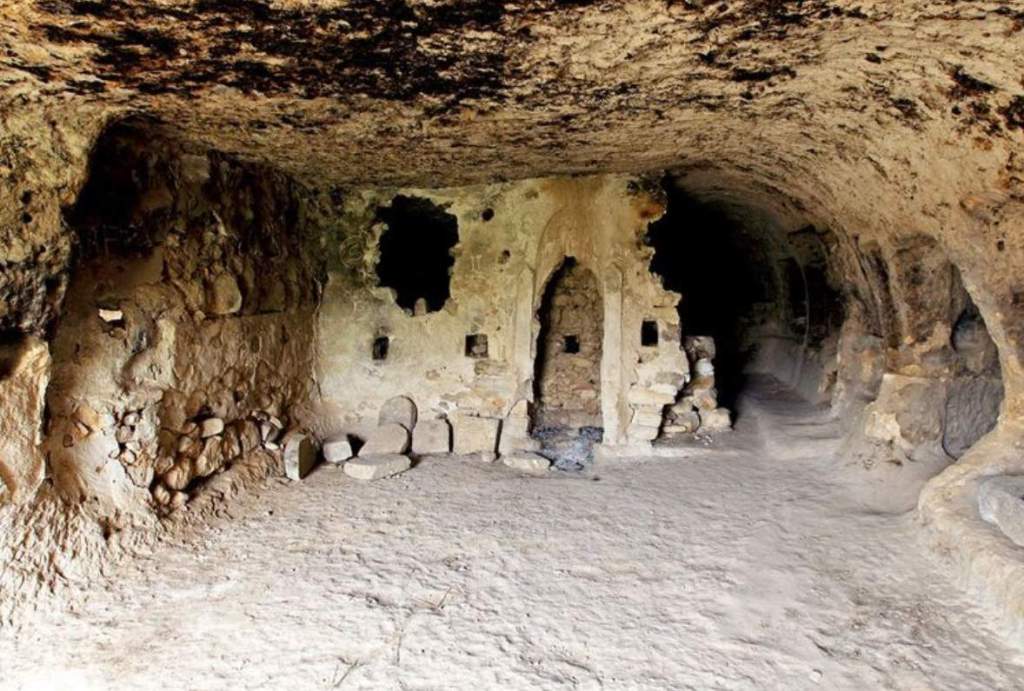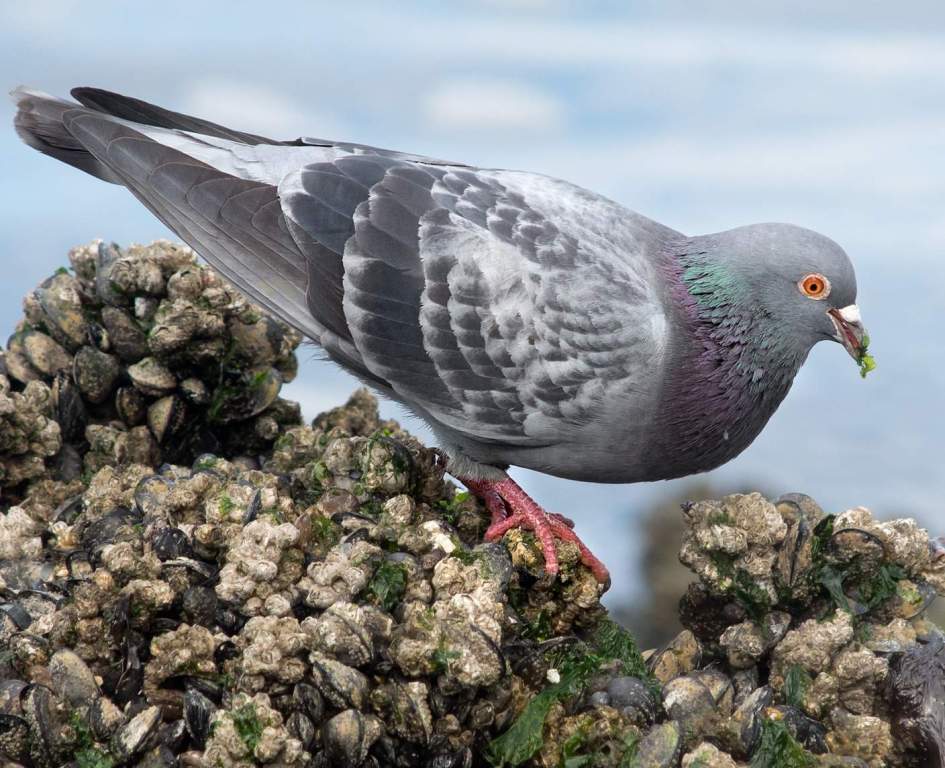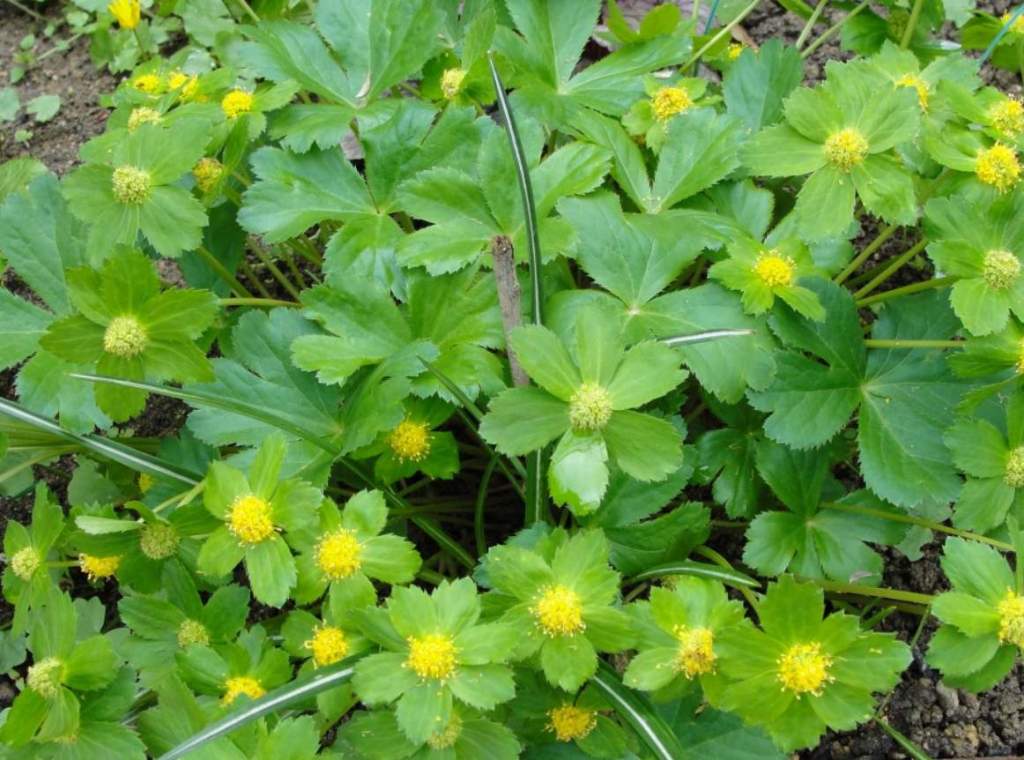Hunting’s Essential Role in Conservation
Hunting is a topic that often gets surrounded by lots of controversy and stigma. Some feel hunting is immoral, but when conducted ethically, others feel it is not only moral but a moral obligation to our environment. Whether you support it or not, the reality is, that hunting is an essential conservation tool that has been sustaining our ecosystems and populations for thousands of years.
If you look at the broader picture, hunting maintains biodiversity and protects the environment and natural resources. Hunting is also part of the natural food chain and provides us with nourishment and supplies, so the animal does not go to waste. Through hunting, we support land protection, habitat enhancement, and wildlife management, all while honoring our hunting heritage.
This just begins to explain why hunting is conservation. In reality, once you have reached the level of proficiency that is required for wing-shooting can be an exercise to practice shooting bird flight, or flying targets using the shotgun. It is intuitive.
Hunting Preserves Endangered Species
The food chain is a very fine-tuned operation. If one particular species gets overpopulated, it can send its prey into extinction, which will eventually kill off the overpopulated species as well when there is no food left. Hunting keeps the food chain balanced to promote biodiversity.
Also, a portion of the money raised by hunting conservation programs goes towards animal research which is used to make laws that ensure endangered species are not overhunted. Our system of regulations protects all species and makes the food chain flow seamlessly.
The funds raised by hunters for conservation improved environments to restore the populations of countless at-risk species including elk, whitetail deer, wild turkeys, ducks, and pronghorn antelope.
Hunting Drives Land Protection Efforts
There are currently hundreds of programs and organizations put in place worldwide to reserve land for hunting. This land could have otherwise been developed on, wiping out all wildlife that inhabits it. Without hunting, there would be much less regulation for wildlife protection.
It is the hunting fees and organizations that contribute most to land protection and habitat enhancement efforts, including disease management, along with crop damage and wildfire restoration. According to the National Shooting Sports Association, hunters pay $896 million every year towards conservation programs through licenses and fees alone. An additional $440 million a year towards conservation efforts comes from donations to hunting-related conservation groups.
Also, there is an 11% tax on guns, bows and arrows, and ammo that has raised a total of $15.2 billion for conservation since it began in 1937. So, in total, hunters pay over $1.6 billion every year for conservation programs, which makes hunters the leading contributors. These conservation programs maintain thousands of acres of land to improve the quality of life of all species who occupy it.

Hunting is our History and our Future
While we hear lots of debate today on the morality of hunting, studies say that 4 out of 5 Americans approve of hunting, partially due to its positive effect on conservation. Ethical hunting benefits humankind, as well as animals. Hunting allows us to connect with nature and our heritage.
It also provides us with some of the best, most lean, and organic free-range meat. As long as we oblige by hunting laws and hunt with a purpose, there is no need to worry about the well-being of the animals because, in the long run, it is what is sustaining their environment. Hunting does not mean a lack of empathy or respect for animals.
It actually can have quite the opposite effect, as seeing the sacrifice firsthand will connect people with the food they eat and make us hold meat at a higher value. Our history with hunting dates back thousands of years to the very beginning of mankind. Hunting is a tradition for a reason. It is in our blood and makes the life cycle how it was intended to. Hunting was a huge aspect of Native American culture and daily life.
The Native Americans had such high respect for animals and would thank them for the sacrifice of their life with a prayer after every kill. They were also notorious for using every inch of the animal from its fur, to its bones, to its meat. Every ethnicity was founded on hunting from the beginning of time and it is critical to existence for it to continue until the end of time.
If hunting were to stop, we would notice a drastic change for the worse in our environment. Overpopulated species would dominate the food chain, while many other species would become endangered and eventually go into extinction. Land preservation efforts would be reduced dramatically as the majority of funding would be cut.
Not everyone needs to make the personal decision to hunt if it is against their morals, but it is hard to deny the great importance hunting has on conservation and the future of our ecosystems.







